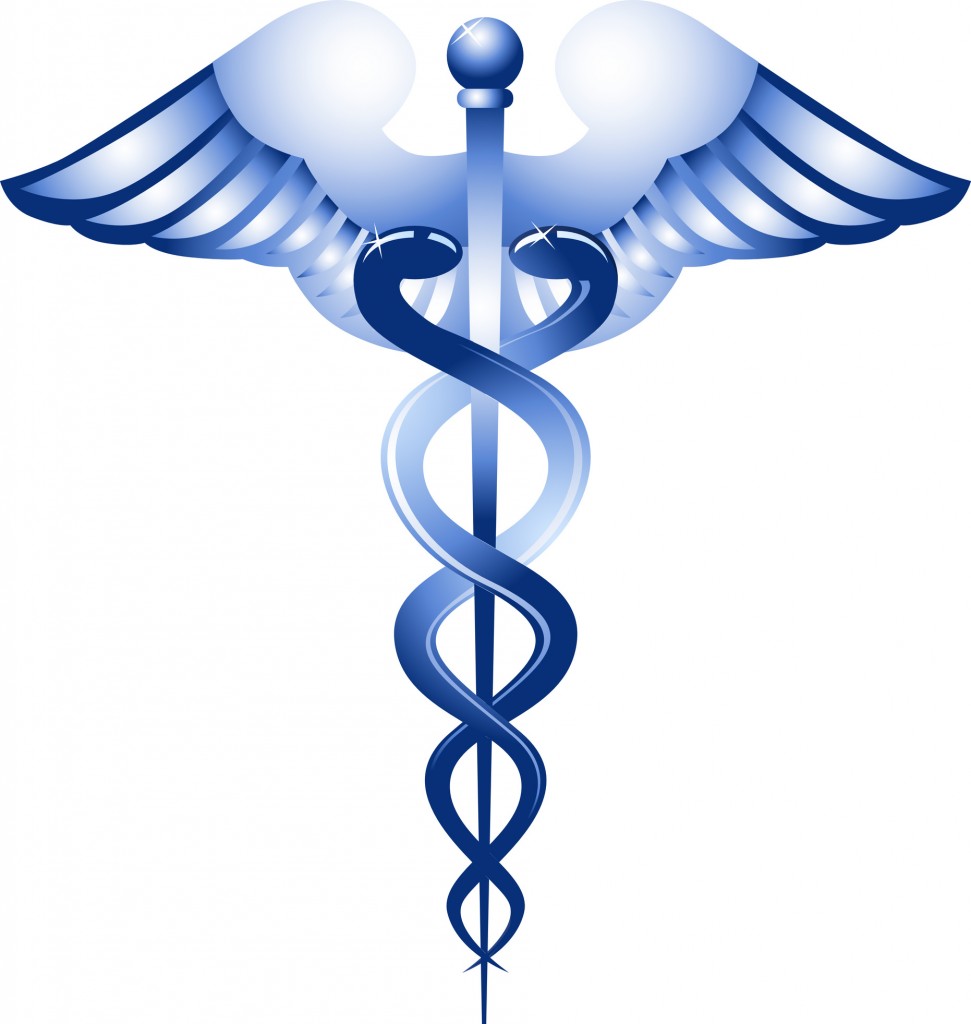Cold weather contributes to colds.
People say that’s an old wive’s tale, and to some extent, they’re correct. Yes, viruses are the direct cause of colds. But current research suggests that inclement weather makes you more susceptible to those viruses:
A study by Dr. Ron Eccles and his colleagues at the Common Cold Centre at the Cardiff School of Biosciences in Wales suggests exposure to cold weather is indeed a major contributing factor. According to their study, being outside in winter without a hat, or getting your feet wet, makes people more susceptible to catching the cold.
"Chilling causes a constriction in the blood vessels in the nose, and this reduces our resistance to infections within the nose," Dr. Eccles said.
Dr. Eccles and his colleagues studies about 180 healthy participants who were split into two groups. Both were asked to remove their socks, and one of the groups was told to put their feet in a bowl of cold water.
Over the next four or five days patients in the chilled group caught approximately 10 to 12 per cent more colds than the controlled group.
The study suggests that the best precautions for avoiding a cold are still the ones mom recommended: wearing a warm hat and keeping your feet dry.
I mention this for several reasons: (1) I have a cold that I can’t seem to shake; and (2) I had a debate just last evening on this very subject.
I also mention this because today, there is a mini-breakthrough in science which may some day lead to — wait for it — a cure to the common cold:
Scientists have identified a protein that could help them understand why symptoms of the common cold such as sniffles and congestion last for a limited time.
The previously unknown protein called carabin cranks up the immune system response during an infection and then shuts it off when it has done its job so that it doesn’t harm healthy cells.
"We found an important missing brake within white blood cells that keeps the system in check so it doesn’t override itself to cause problems during an virus infection or in the common cold," Professor Jun O Liu, of Johns Hopkins University in Baltimore, Maryland, said in an interview.
***
"This is an important brake, but most likely, it is not the only brake. We think it plays a very prominent role," said Liu, adding that it controlled the duration and the extent to which the immune system is activated.
"It basically sheds new light on how the immune system is controlled. The deregulation of the immune response is responsible for many, many human diseases," he added.
If further studies confirm the importance of carabin as a major inhibitor of immune response, Liu believes it could have important implications for understanding and treating auto-immune diseases.
This seems to be a good news day for health — there’s the immune system story here, and the cancer story here.

